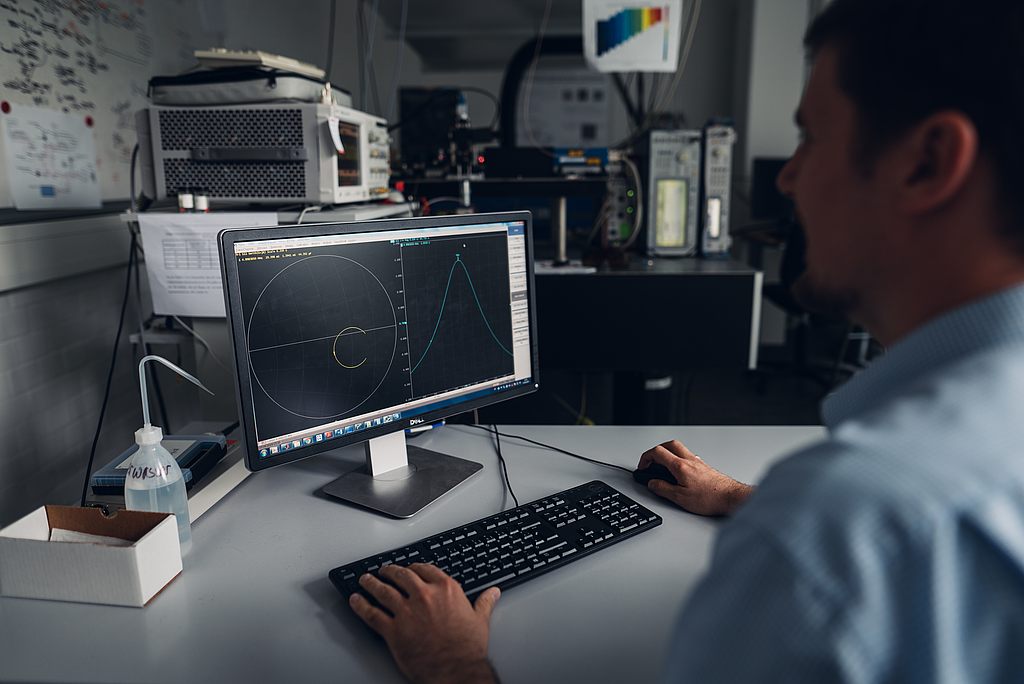RESAS - Real time high Sensitive food Allergen Sensor
| run-time: | 03/2023 - 02/2025 |
| post-doctoral fellow: | Dr. Ivan Torres |
| funded by: | EU, Marie Skłodowska-Curie Actions (MSCA) |
Food allergy is the overreaction of the immune system to a non-harmful protein in certain foods, this protein is called an allergen which affects around 26 million of Europeans and 32 million of Americans. The severity of the allergic reaction may vary from less severe symptoms such as hives and digestive problems, to a quickly progressing and potentially life-threatening anaphylactic shock. This allergic reaction can be triggered even by very small amounts of the food allergen. Nowadays, food allergy is an incurable condition, so the most important preventive measure is the complete abstinence from the allergen.
Therefore, the food industry is compelled by law to label its product’s allergen content. This poses a challenge for food companies, which are not able to certify that their products are free of allergens due to cross-contamination. Existing allergen detection methods are slow, cumbersome, costly, and most of them are limited to work in a lab environment. Consequently, developing a more suitable and convenient method for rapid allergen detection is not only novel, but can be life-saving.
This is where biosensors are brought into play, as they can be implemented to rapidly and accurately detect very small concentrations of allergens present in food. This will enable the food industry to guarantee allergen free products and allow users to consume food without the fear and risks of having an allergic reaction; therefore, resolving an important health issue and improving quality of life for people with an allergic condition.
The RESAS project’s goal is to fabricate a portable device able to sense extremely low concentrations of food allergens within minutes. This is achieved by combining an ultra-high sensitive biosensor substrate, an integrated optical transducer and an electrical signal processing unit. The proposed kind of sensor on the basis of integrated optics enables small size (5 cm3 approx.), high repeatability and instant response, as well as potentially low-cost which will significantly impact the food industry, food laws and improving the life quality of end-users.

